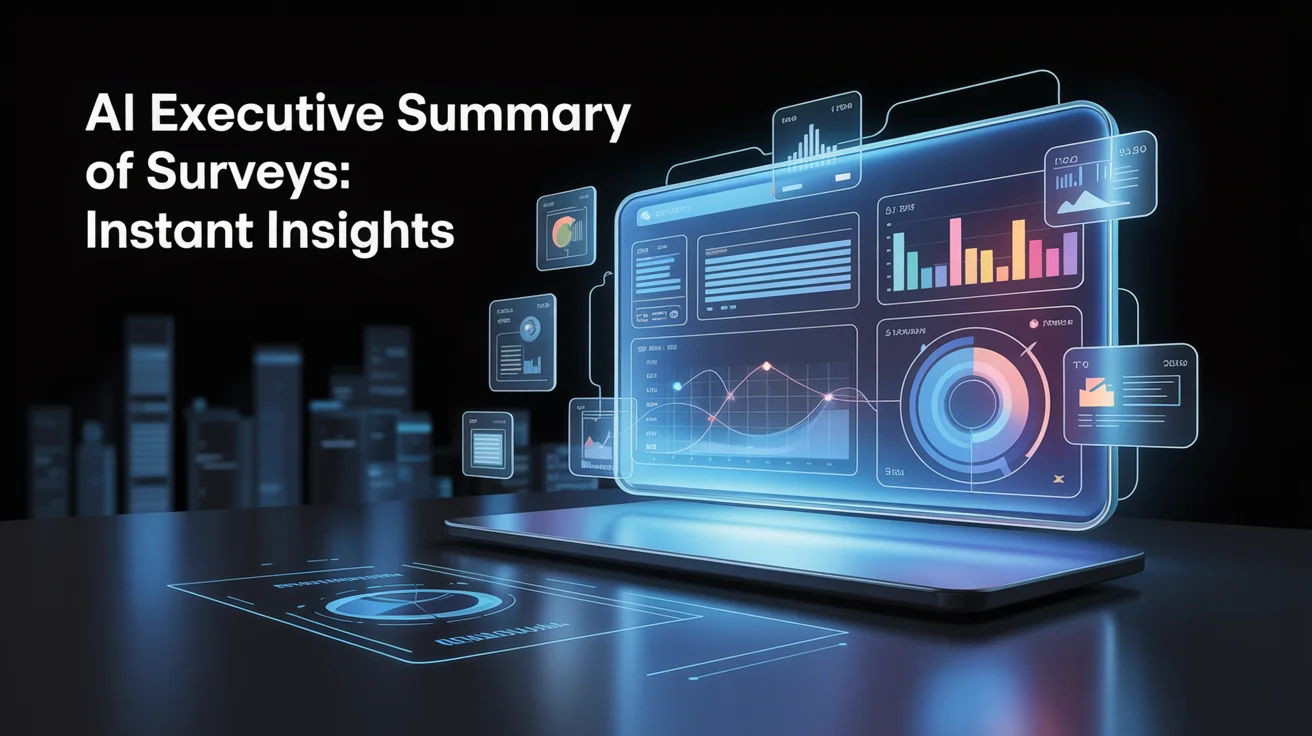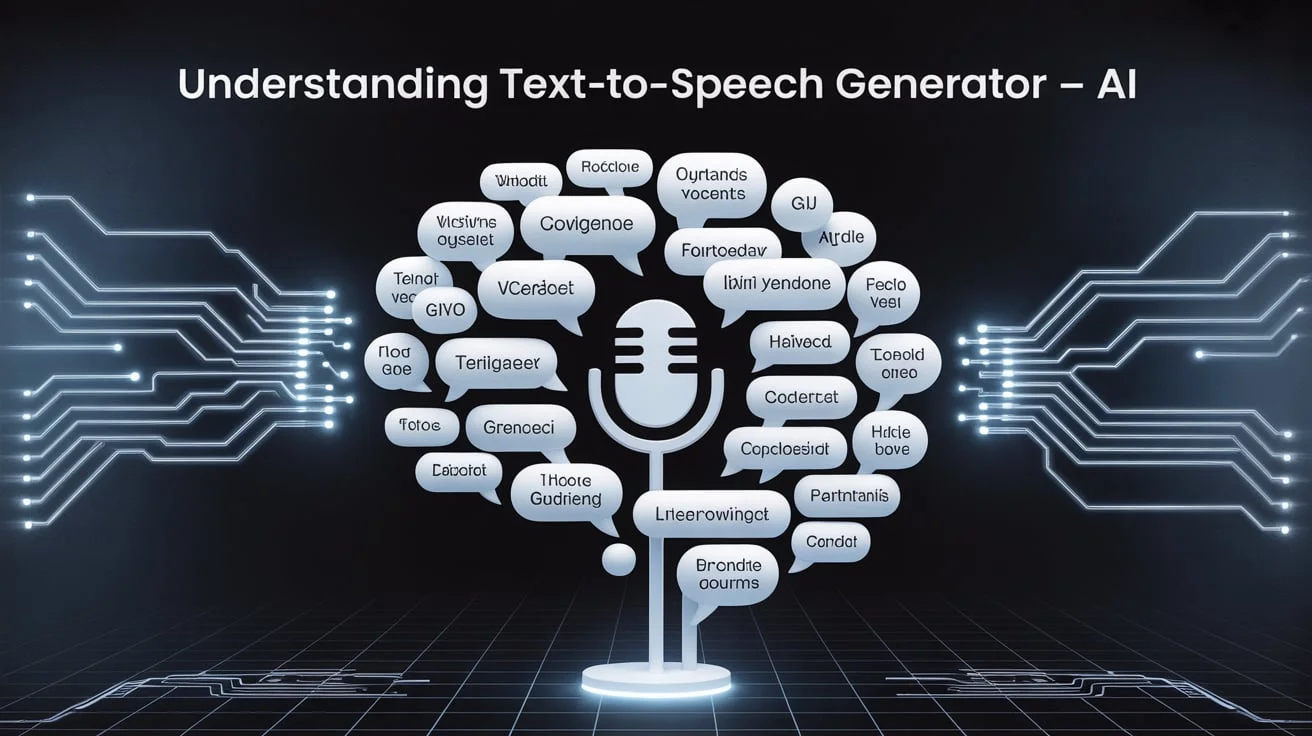In recent years, there has been a significant shift in the field of programming, largely driven by the rise of Artificial Intelligence (AI). One of the most important developments is the advancements in AI coding assistants.
These AI-powered tools are revolutionizing the way developers approach coding, problem-solving, and debugging. As AI coding assistants evolve, they continue to enhance the efficiency, accuracy, and accessibility of programming, making it easier for both seasoned professionals and beginners to write high-quality code.
In this article, we will explore the advancements in AI coding assistants and their working mechanisms.
What Are AI Coding Assistants?
AI coding assistants are intelligent software tools that leverage machine learning and natural language processing (NLP) to help developers write, optimize, and debug code more efficiently. These tools are designed to understand the developer’s code and offer real-time suggestions, solutions, and explanations.
By using deep learning algorithms, AI coding assistants analyze vast amounts of programming languages, frameworks, and coding patterns to offer insights and solutions that would typically take a developer hours to identify.
For example, AI coding assistants can suggest code snippets, recommend best practices, detect potential errors, and even explain complex code logic in simpler terms. This functionality makes them a valuable asset in modern software development.
Developers can now rely on AI assistants for everything from code completion to debugging and optimization.
The Role of Natural Language Processing (NLP) in AI Coding Assistants
Natural Language Processing (NLP) is a branch of artificial intelligence that enables machines to comprehend, interpret, and produce human language. In the context of AI coding assistants, NLP plays a crucial role in allowing these tools to understand and respond to developers’ natural language commands.
With NLP, developers can type in plain language queries such as “Find all functions that are not being used in this file,” and the AI coding assistant will provide relevant suggestions or modifications.
NLP enables AI coding assistants to bridge the gap between human communication and programming languages, making it easier for developers to interact with their tools and improve their coding efficiency.
The application of NLP is what makes AI coding assistants more than just code completion tools; they are smart, conversational assistants capable of understanding complex queries and context, something that traditional compilers or code editors cannot do.
Benefits of Advancements in AI Coding Assistants
The advancements in AI coding assistants offer numerous benefits to developers, organizations, and the overall programming community. Some of these benefits include:
- Increased Efficiency: AI coding assistants can autocomplete code, suggest improvements, and debug errors, which drastically reduces the time developers spend on coding tasks. This allows developers to focus more on creative problem-solving and less on repetitive coding work.
- Enhanced Accuracy: As machine learning algorithms continually improve, AI coding assistants can detect potential bugs and errors in real-time, ensuring that the final code is more accurate. They can also suggest code optimizations that reduce runtime and improve performance.
- Simplified Learning Curve: AI coding assistants help beginners learn programming more quickly by providing explanations for complex concepts, suggesting relevant tutorials, and offering insights into improved coding practices. This makes coding more accessible to newcomers, even those without extensive experience.
- Better Collaboration: As teams work together on coding projects, AI coding assistants can help streamline collaboration by offering shared code snippets, tracking changes, and identifying areas where the code might need revision, making team-based development more fluid and cohesive.
Key Features of AI Coding Assistants

AI coding assistants have evolved into powerful tools that offer several advanced features, including:
- Code Completion and Suggestions: AI assistants can autocomplete code based on context and predict what the developer is likely to write next. This helps save time and reduce typos and syntax errors.
- Error Detection and Debugging: These tools can automatically detect errors in code, offering suggestions for fixing bugs and highlighting potential problem areas in the code.
- Code Refactoring: AI coding assistants can suggest ways to optimize and refactor code for better readability, performance, and maintainability.
- Context-Aware Help: They can offer suggestions and solutions based on the developer’s code context, ensuring that the assistance is relevant and helpful.
- Real-Time Collaboration: AI tools allow multiple developers to work on the same codebase simultaneously, offering suggestions, fixes, and improvements in real-time.
Advancements in AI Coding Assistants and Their Impact on the Developer Community
AI coding assistants have fundamentally shifted the way developers approach their work. Here are some of the main ways these advancements are changing the development landscape:
- Boosting Developer Productivity: Developers can complete projects more efficiently with the aid of AI coding assistants. This increased productivity enables teams to meet deadlines more efficiently and scale their projects without requiring additional developers.
- Improving Code Quality: With AI offering real-time error detection and code optimization, the quality of code being produced has significantly improved. Fewer bugs, optimized performance, and cleaner code result in fewer problems in the long run.
- Encouraging Code Standardization: By recommending best practices and enforcing coding standards, AI coding assistants ensure that teams adhere to consistent coding styles and methodologies. This standardization is crucial for maintaining high-quality, scalable software.
- Democratizing Software Development: The accessibility of AI tools makes it easier for novice developers to contribute to projects and learn quickly. This levels the playing field, allowing people from various backgrounds to enter the tech industry and build their skills.
Challenges and Limitations of AI Coding Assistants
Despite their many advantages, AI coding assistants are not without their limitations. Here are some of the challenges they face:
- Accuracy in Complex Projects: While AI coding assistants excel at handling basic tasks and common coding patterns, they often struggle with highly complex or unconventional coding challenges.
- Dependence on AI: Relying too heavily on AI assistants could lead to developers becoming overly dependent on them, which may reduce their problem-solving skills over time. Developers need to strike a balance between AI assistance and their own coding abilities.
- Data Privacy Concerns: AI coding assistants often require access to code repositories and data, which can pose significant privacy risks if not properly managed. Ensuring data security is crucial when using these tools in a professional setting.
- Limited by Available Data: AI coding assistants rely on the data they are trained on, which means they may not perform well in niche or emerging programming languages that have limited documentation or examples.
The Future of AI Coding Assistants
The future of AI coding assistants appears promising as machine learning and natural language processing continue to evolve. We can expect even more sophisticated AI tools that provide deeper insights, better context understanding, and enhanced collaboration capabilities.
In the coming years, AI coding assistants are likely to become an integral part of every developer’s toolkit. Ai is not only assisting with coding but also predicting project timelines, identifying bottlenecks, and automating more complex aspects of software development.
AI-powered assistants will continue to evolve and adapt to new programming languages, frameworks, and trends. They may even become proactive in suggesting new features or optimizations based on the developer’s project history and preferences.
Conclusion
In conclusion, the advancements in AI coding assistants are transforming the way software development is done. These tools are boosting productivity, improving code quality, and making programming more accessible to people of all skill levels.
AI coding assistants will become increasingly integral to the development process, making programming faster and easier. By embracing AI assistants, developers can harness the power of machine learning and natural language processing (NLP) to revolutionize their workflows .
AI coding assistants are not just a trend – they represent the future of software development. They offering a glimpse into a world where artificial intelligence and human expertise collaborate seamlessly to create more innovative and high-quality software solutions.
FAQs – Advancements in AI Coding Assistants
1. What are AI coding assistants?
AI coding assistants are intelligent tools that assist developers in writing, debugging, and optimizing code using artificial intelligence. They suggest code, detect errors, and provide real-time recommendations.
2. How do AI coding assistants work?
These assistants use deep learning and NLP to understand your code and language input. They analyze large datasets of code and patterns to give you context-aware suggestions, autocomplete functions, and debugging support.
3. What are the main benefits of using AI coding assistants?
AI coding assistants save time, reduce bugs, enhance code quality, support learning, and improve productivity. They also simplify collaboration between development teams.
4. Are AI coding assistants suitable for beginners?
Yes, they are ideal for beginners. They offer real-time help, explain code logic, suggest improvements, and make learning programming easier and faster.
5. Do AI coding assistants support multiple programming languages?
Most modern AI coding assistants support popular programming languages, including Python, JavaScript, Java, C++, TypeScript, and others. The range of languages depends on the platform or tool being used.




